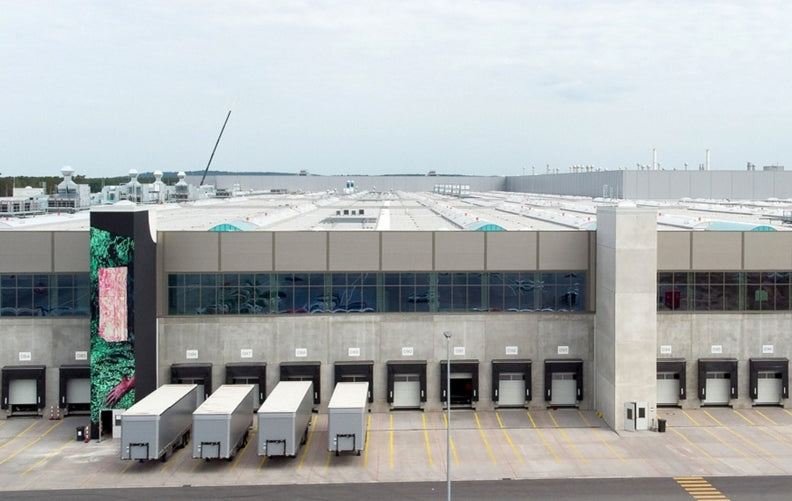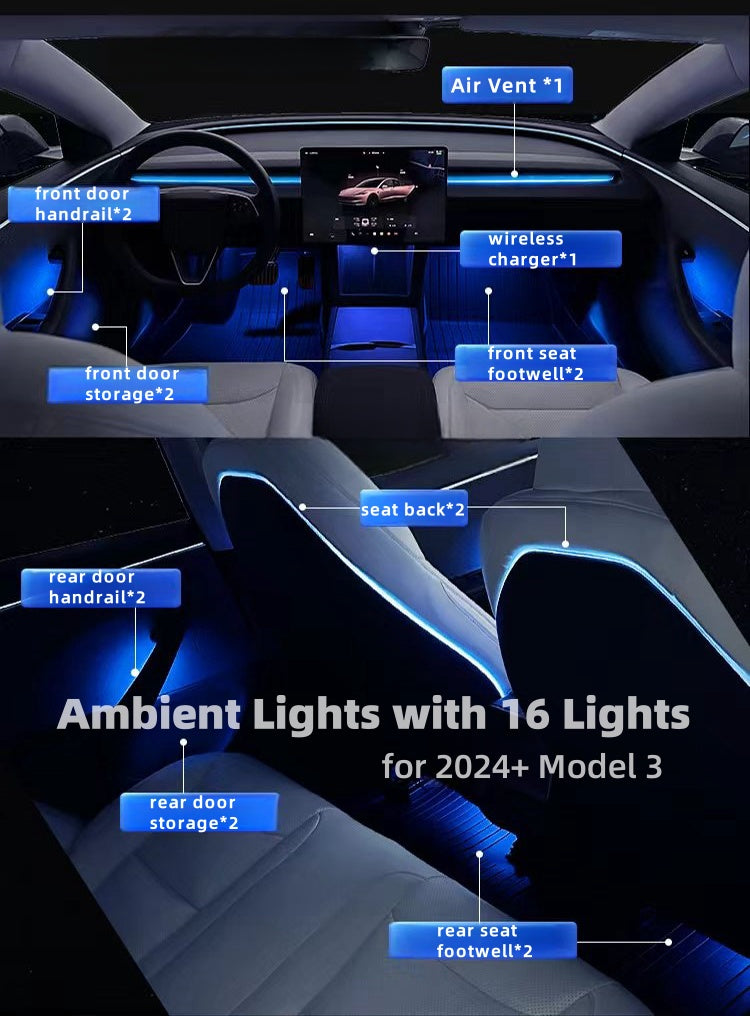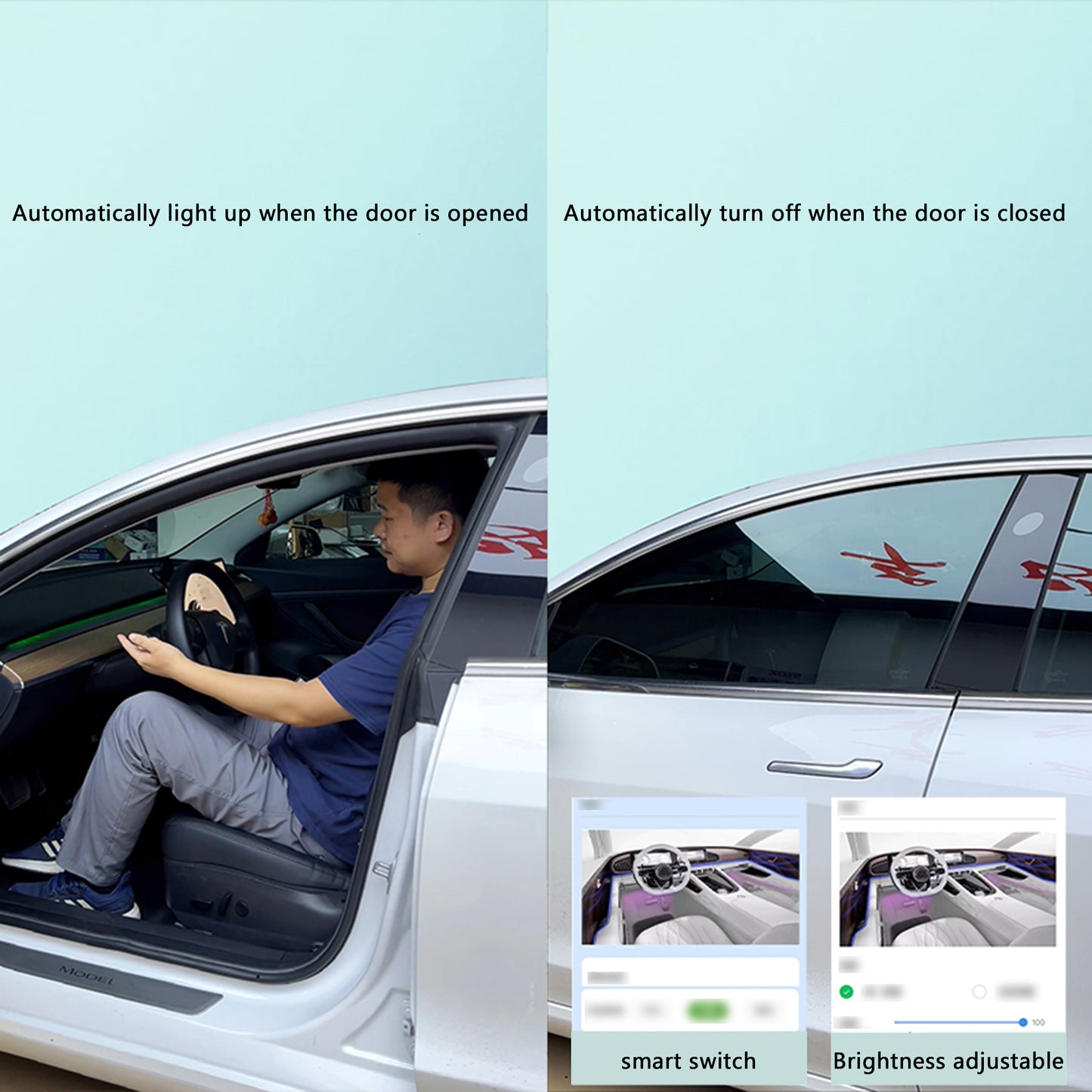
Growing Health and Safety Concerns Drive More Tesla Workers to Join German Union
IG Metall has observed a significant surge in new members joining Tesla, particularly at the automaker's German plant in Gruenheide.
Workers at Tesla's German facility are increasingly affiliating with the IG Metall union, citing concerns over working conditions. These include safety risks, driven by factors such as understaffing leading to excessive workloads and overly ambitious production goals, as stated by IG Metall.
The shortage of personnel and insufficient safety measures in the workplace have resulted in a notable increase in work-related accidents. It is not uncommon for approximately 30 percent of workers to be on sick leave, the union highlighted.
Although Reuters could not independently verify these claims, Tesla did not provide an immediate response to the union's statements.
Situated just outside Berlin in Gruenheide, the plant is responsible for manufacturing the Model Y.
Over 1,000 employees turned up at the Berlin-area plant on a recent Monday, wearing stickers advocating for "safe and fair work," according to IG Metall. The facility employs roughly 12,000 individuals in total.
free food
On Sunday evening, Tesla managers extended an invitation to their teams for a meeting offering "complimentary refreshments and a surprise" to address IG Metall's presence at the site. The email mentioned, "We want to engage in a discussion with you and your teams regarding IG Metall's questionable methods and true objectives," as per a copy seen by Reuters.
Dirk Schulze, a local representative of IG Metall, stated, "No one in Germany should feel the need to conceal their union membership. The German Constitution grants all employees the right to join a union and openly advocate for it in the workplace — this applies equally at Tesla."
The union clarified that it typically refrains from disclosing specific membership figures for companies. However, they noted a significant increase in new members at Tesla.
Reuters interviewed twelve workers at the factory on Monday.
Among them, four expressed satisfaction with their working conditions, while eight voiced concerns about excessive pressure. Some reported a notable frequency of accidents and difficulties in receiving overtime pay. Two workers mentioned they were not permitted to communicate with the media.
"Achieving speed at the expense of safety is untenable," commented a 56-year-old worker from Poland, who chose to remain anonymous. He added that there were insufficient workers to meet targets and suggested that if conditions did not improve, he would be seeking a new job next year.
Unrest amid EV shift
An increasing number of workers in the automotive industry are voicing their demands for improved wages and job stability as the sector transitions towards electric vehicles.
In the U.S., the UAW has initiated a significant strike affecting major automakers like General Motors, Ford, and Stellantis, resulting in the suspension of production in numerous factories. The apprehension stems from the belief that the shift to EVs, which necessitate fewer components and labor, may lead to job cuts and wage reductions.
Elon Musk, the CEO of Tesla, has displayed little willingness to engage with unions. Shortly after a group of Tesla workers in Buffalo, N.Y., launched a unionization campaign earlier this year, the company terminated their employment.
Tesla has faced a series of setbacks in rulings by the National Labor Relations Board over the past few years, including a decision in August 2022 concerning limitations on employees wearing pro-union apparel.
In Germany, Tesla has thus far resisted entering into the standard wage agreements prevalent in Europe's largest economy. This stance has set the automaker on a collision course with IG Metall, a union boasting a membership of 2.2 million.
---------This article is partly excerpted from Reuters.















